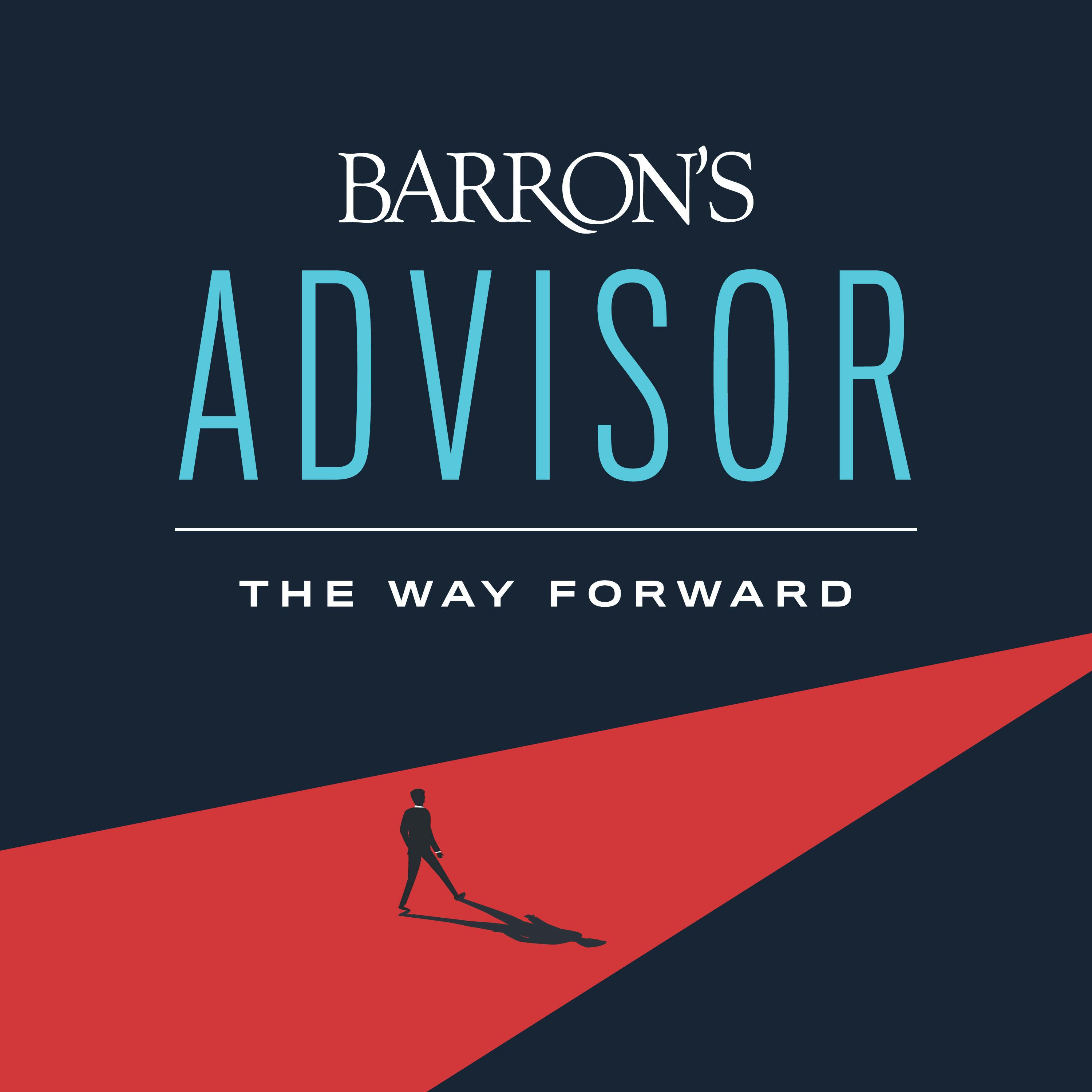
Dennis Moseley-Williams: Advisors and the Power of a ‘Really Big Idea’

Barron's Advisor
Deep Dive
What is the key difference between loyalty and belonging in building a cult-like following?
Loyalty can be based on fear, obligation, or connection and identity, while belonging is about stories, worldview, transformation, gatherings, rituals, and shared values. Belonging is deeper and more meaningful than loyalty, as it fosters a sense of community and shared identity.
Why does Dennis Moseley-Williams emphasize starting small for financial advisors?
Starting small allows financial advisors to focus on a really big idea that appeals to a specific, niche audience. This approach builds a strong foundation and fosters a loyal, cult-like following, as seen with companies like Patagonia and Nike, which began by targeting small, passionate groups.
What is the 'transformation economy' and how does it relate to financial planning?
The transformation economy focuses on self-improvement and achieving personal aspirations. In financial planning, it involves guiding clients through a series of experiences and events to help them transform their lives, aligning with their goals and well-being.
How can financial advisors create meaningful experiences for their clients?
Advisors should focus on designing time that is deeply personal, memorable, and meaningful. This includes creating unique events, fostering connections, and helping clients achieve their personal aspirations, rather than just focusing on transactional efficiency.
What role does a 'really big idea' play in building a successful business?
A 'really big idea' serves as the foundation for a business, attracting a loyal following and creating a sense of purpose. It should be larger than the product or service itself, focusing on values, well-being, or transformation, as seen with companies like Apple, Tesla, and Vanguard.
Why does Dennis Moseley-Williams suggest that financial advisors should make their clients slightly uncomfortable?
Making clients slightly uncomfortable encourages them to think differently and deeply about their financial and personal goals. This approach fosters growth, transformation, and a stronger connection between the advisor and the client.
What is the significance of shared values in building a cult-like following?
Shared values create a sense of belonging and connection, which are essential for building a loyal following. People want to work with those who align with their values, making it a critical factor in fostering long-term relationships and community.
How can financial advisors differentiate themselves in a commoditized industry?
Advisors can differentiate themselves by focusing on creating meaningful experiences, fostering belonging, and guiding clients through personal transformations. This goes beyond transactional services and emphasizes the value of time well spent.
What example does Dennis Moseley-Williams use to illustrate the evolution of economies?
He uses the example of a birthday cake to illustrate the evolution from the agrarian economy (making a cake from scratch) to the industrial economy (cake mix), the service economy (buying a cake), the experience economy (hosting a party at Chuck E. Cheese), and finally the transformation economy (achieving personal milestones like getting a driver's license).
What is the importance of anticipating future needs for financial advisors?
Anticipating future needs allows advisors to provide proactive, personalized support that goes beyond financial planning. This includes addressing clients' well-being, personal aspirations, and life challenges, fostering deeper trust and loyalty.
Shownotes Transcript
The world’s most recognized brands didn’t begin as large companies. Advisors should take note, says the founder of DMW Strategic Consulting. Host: Greg Bartalos.